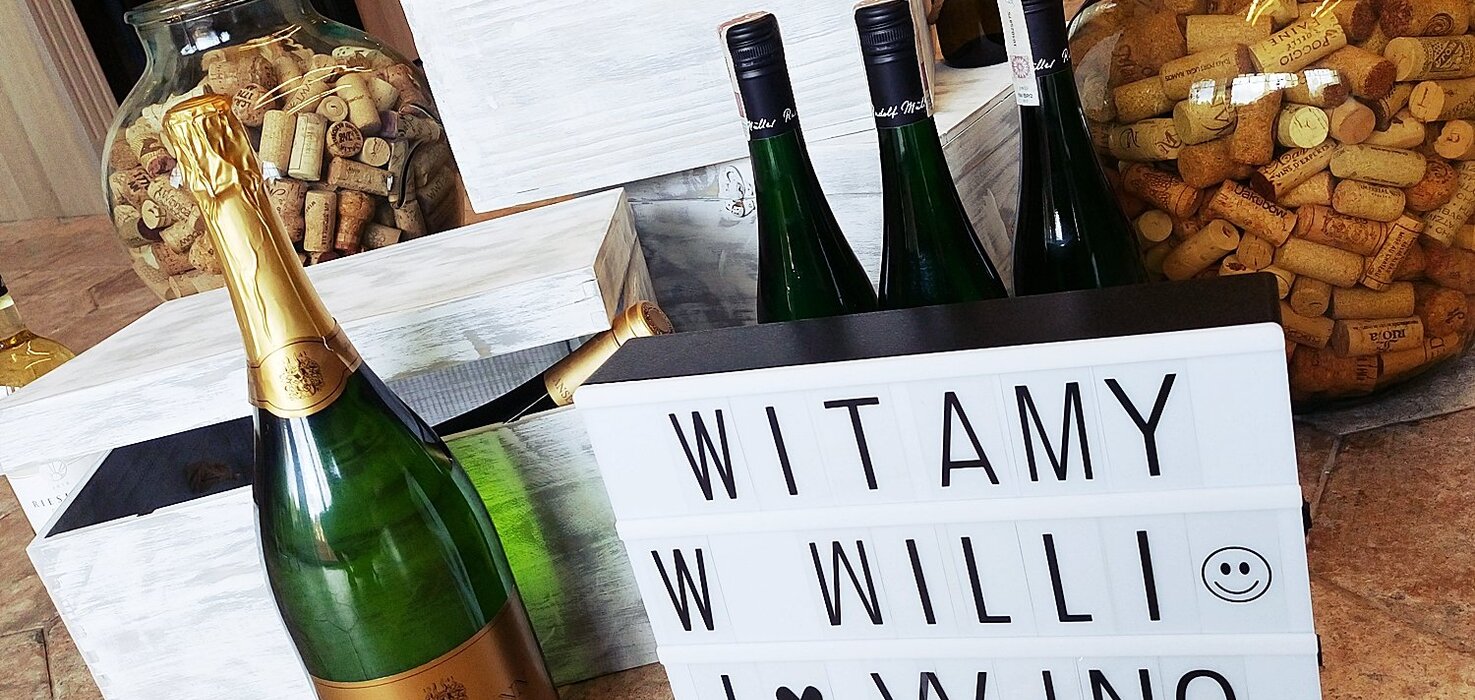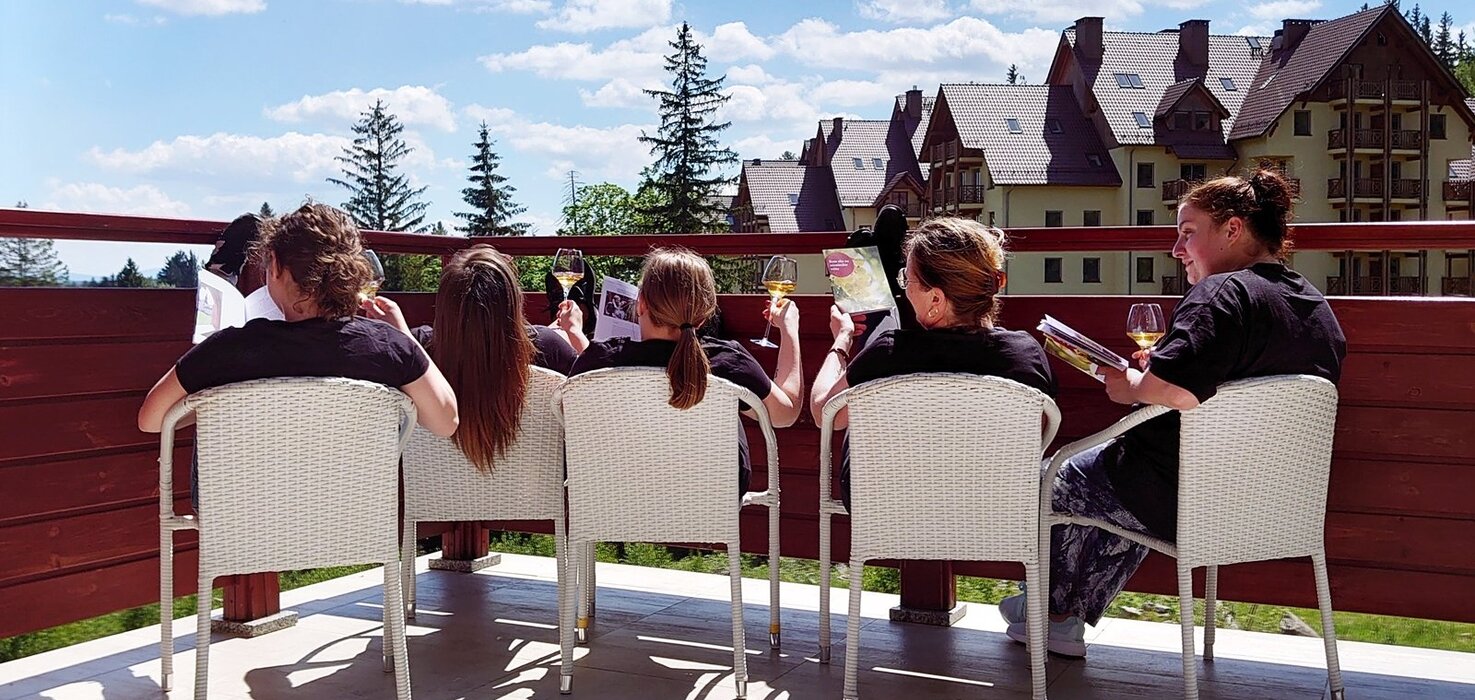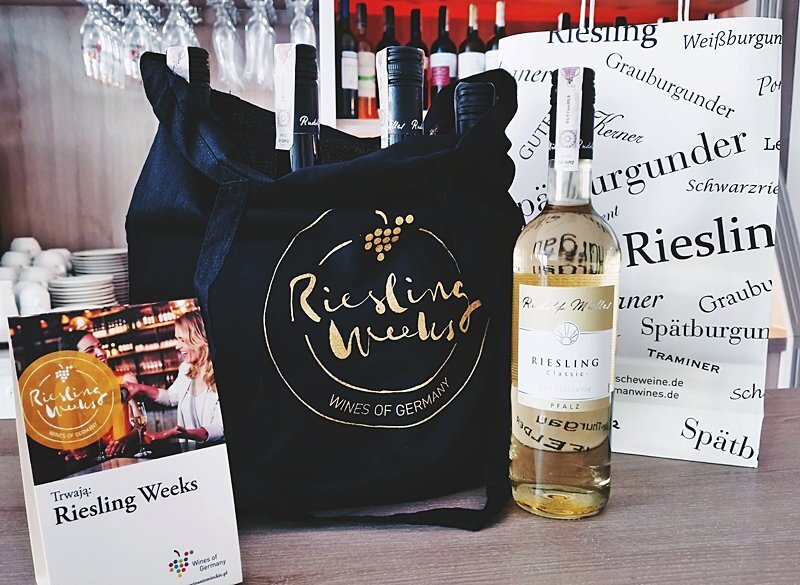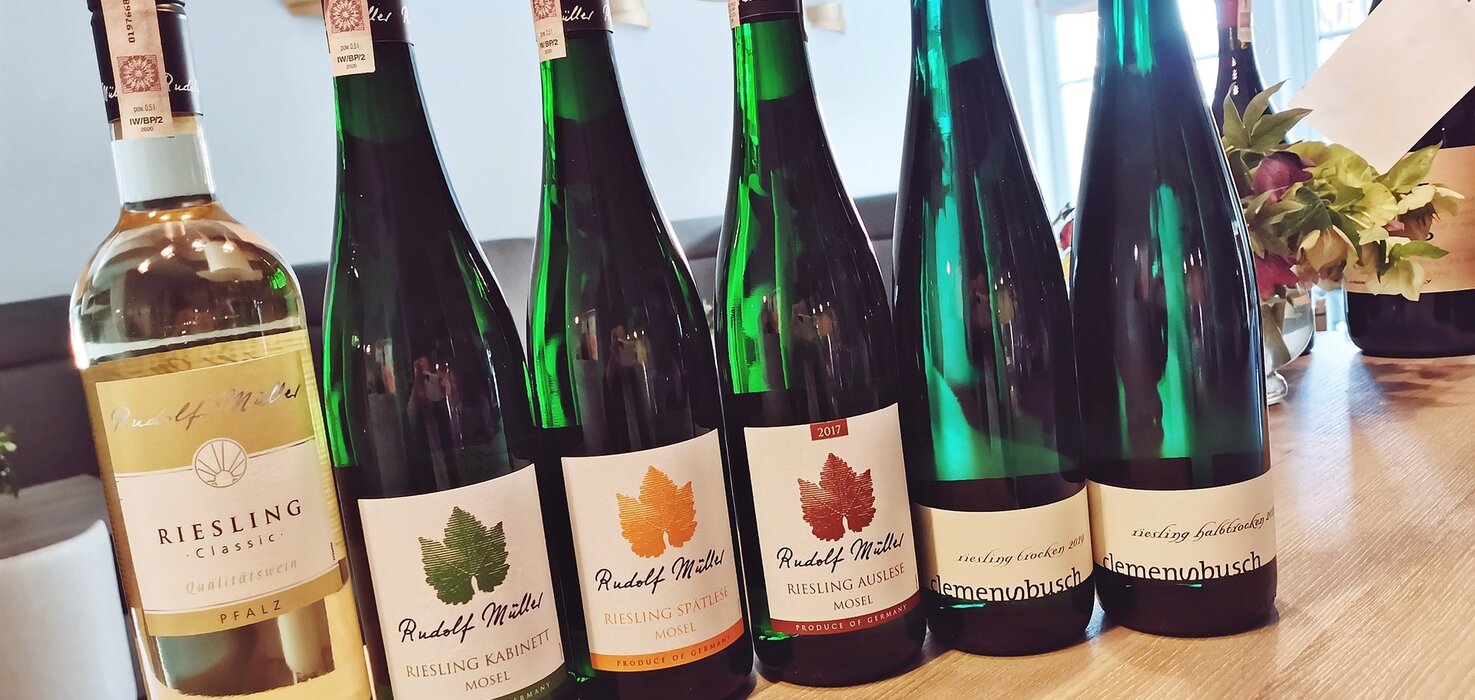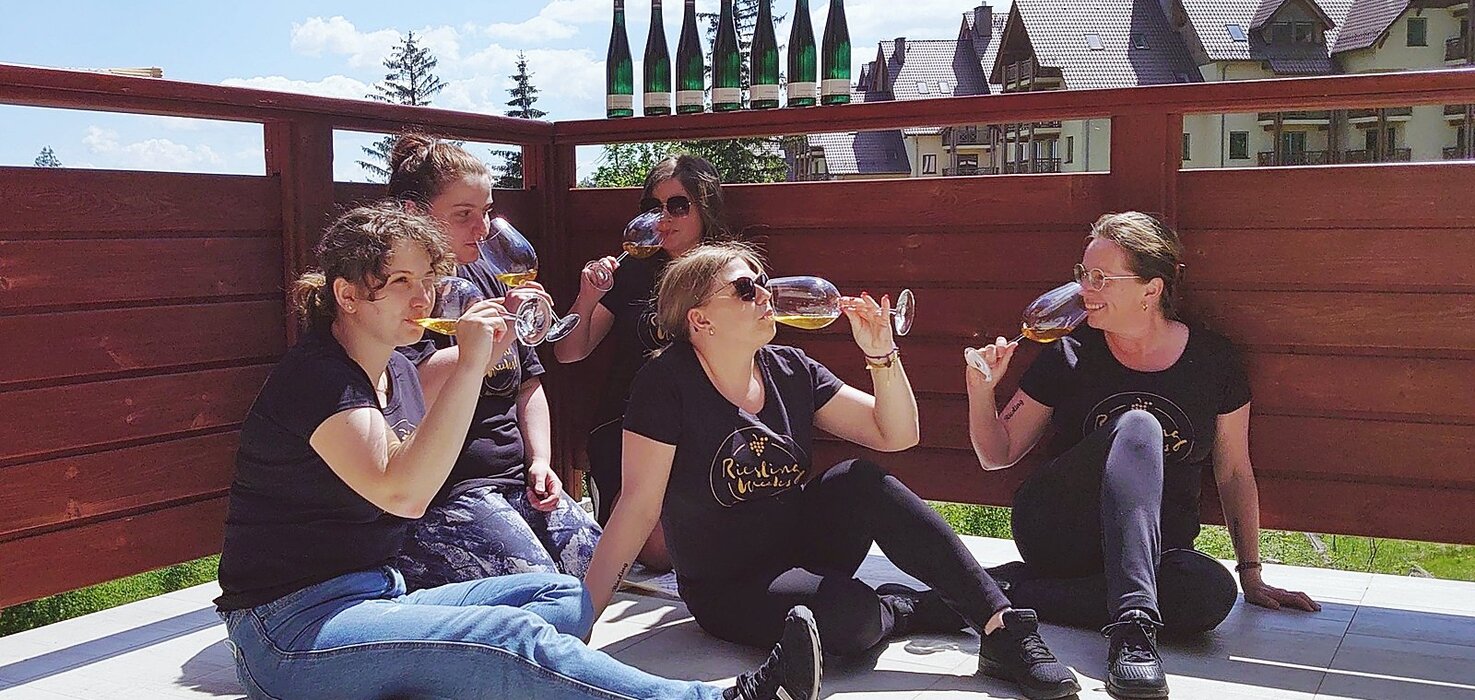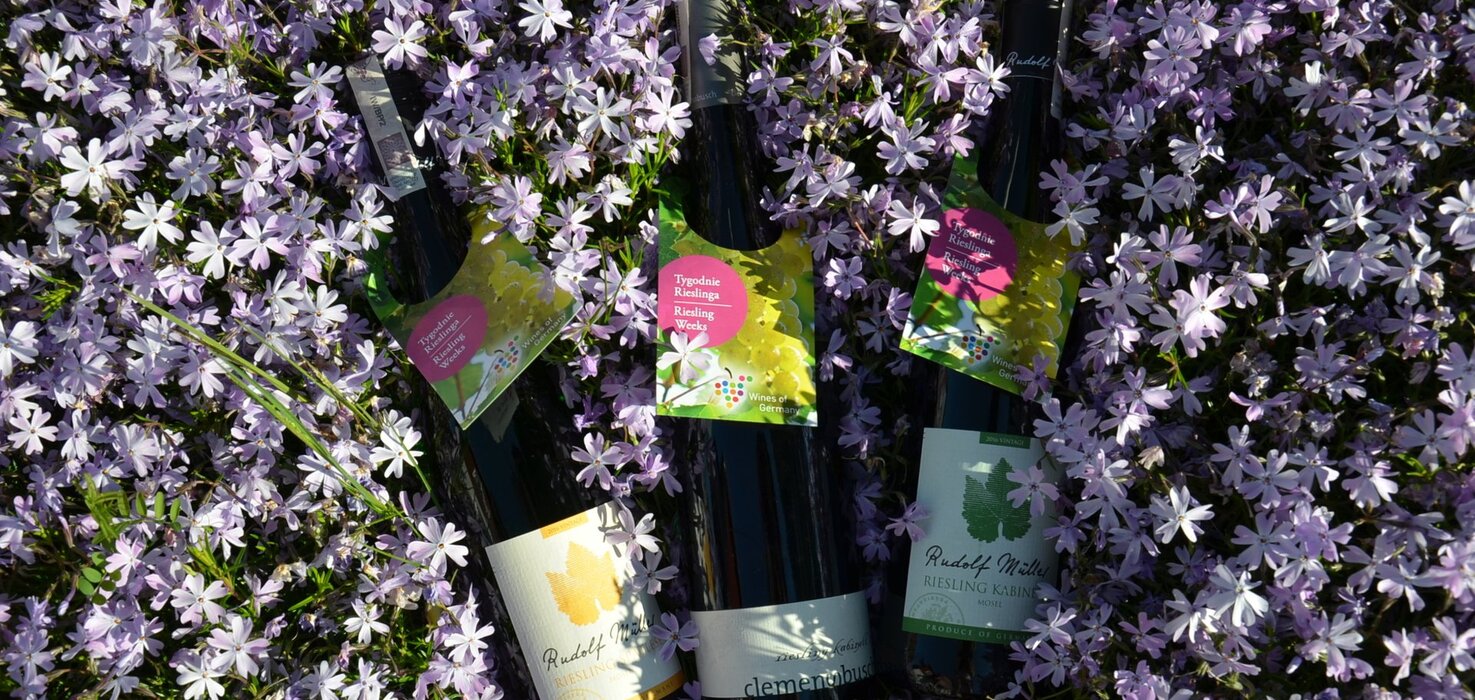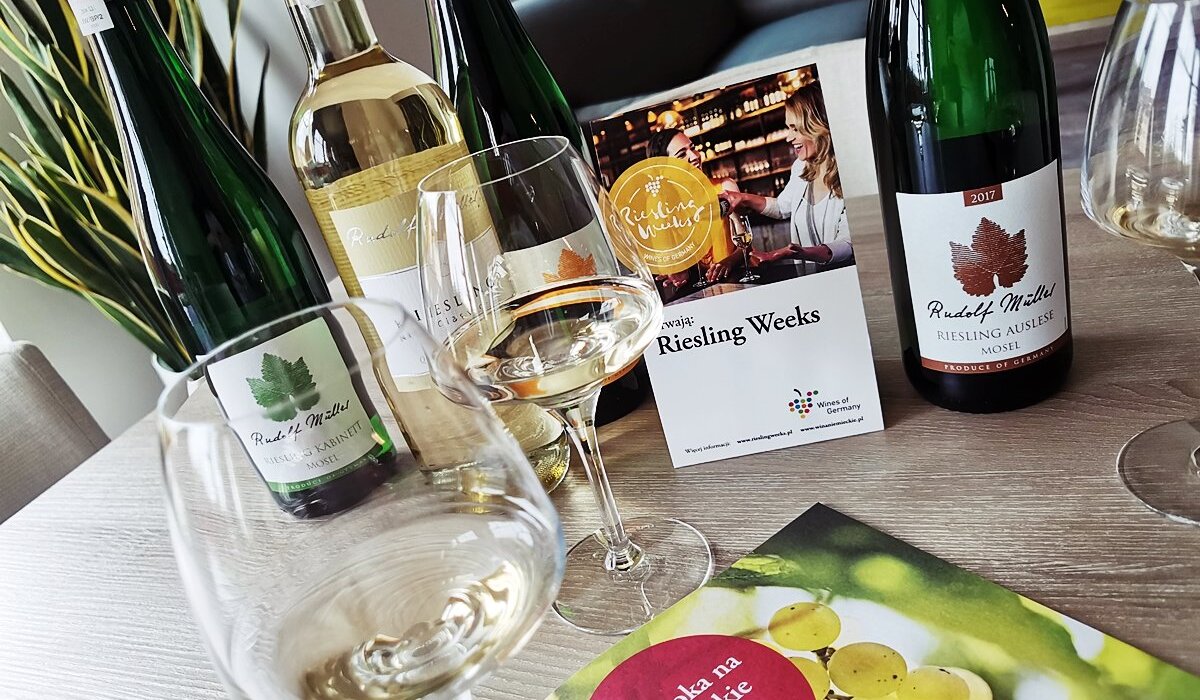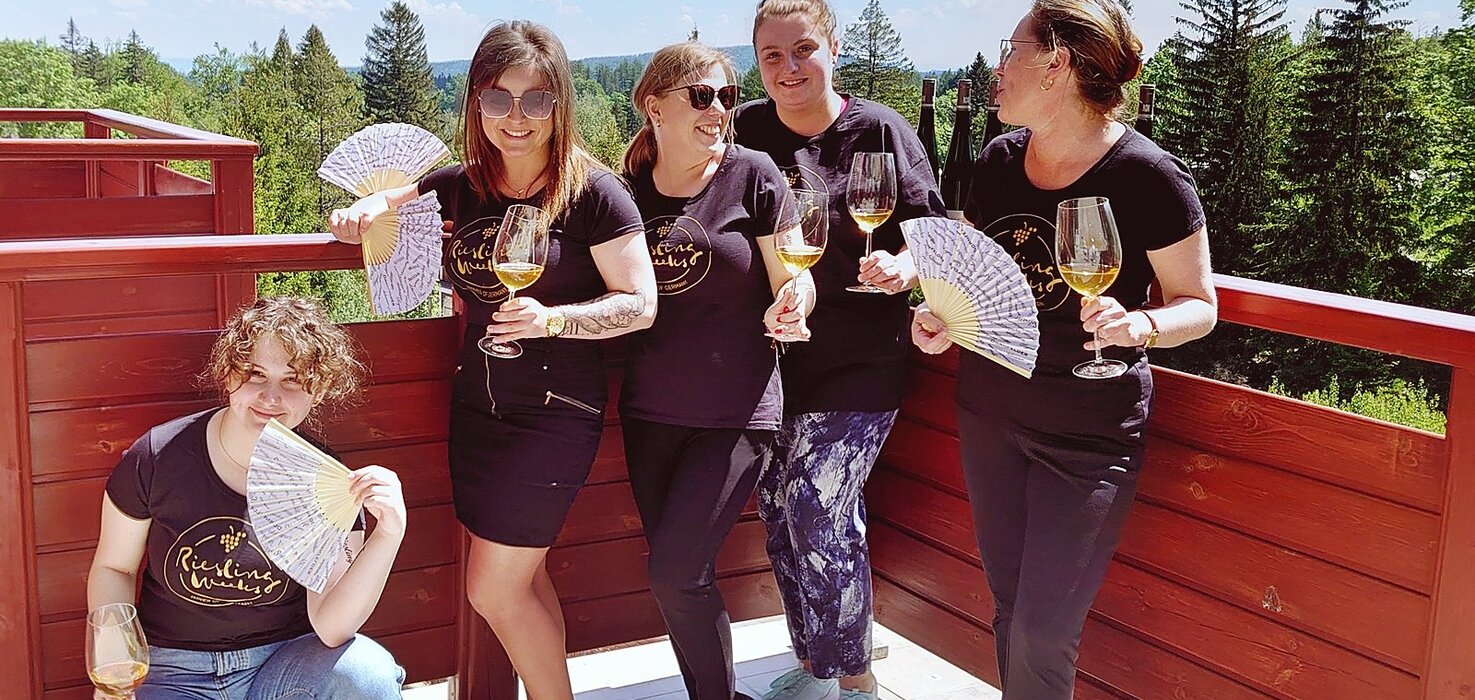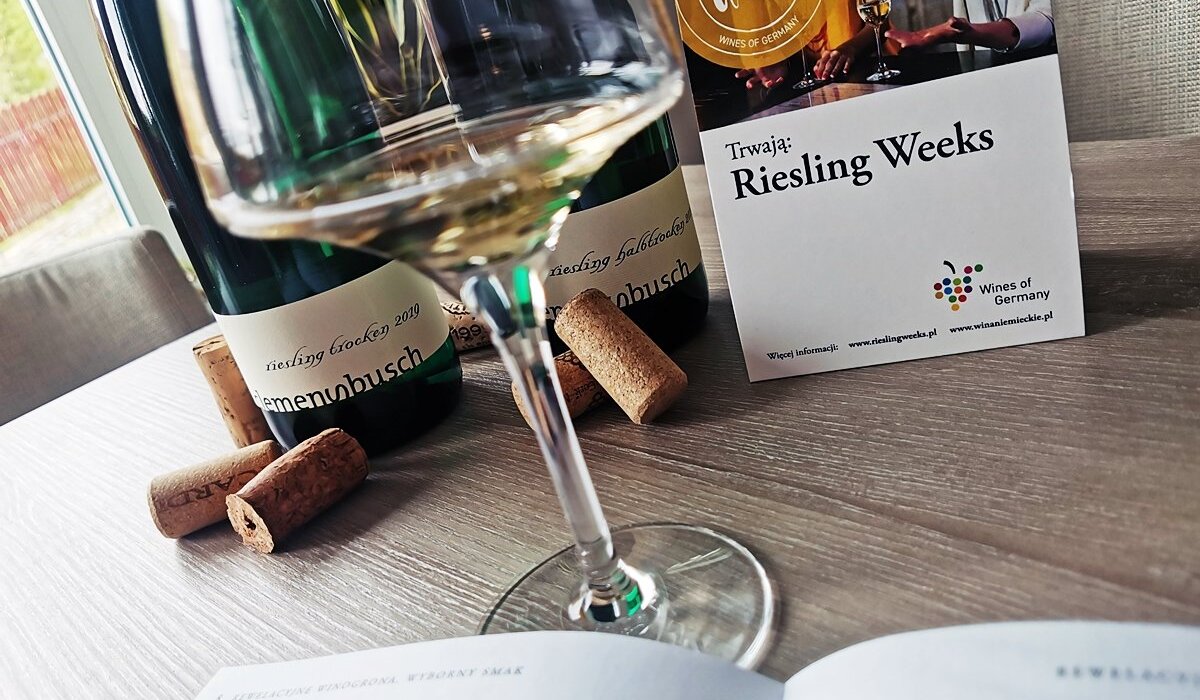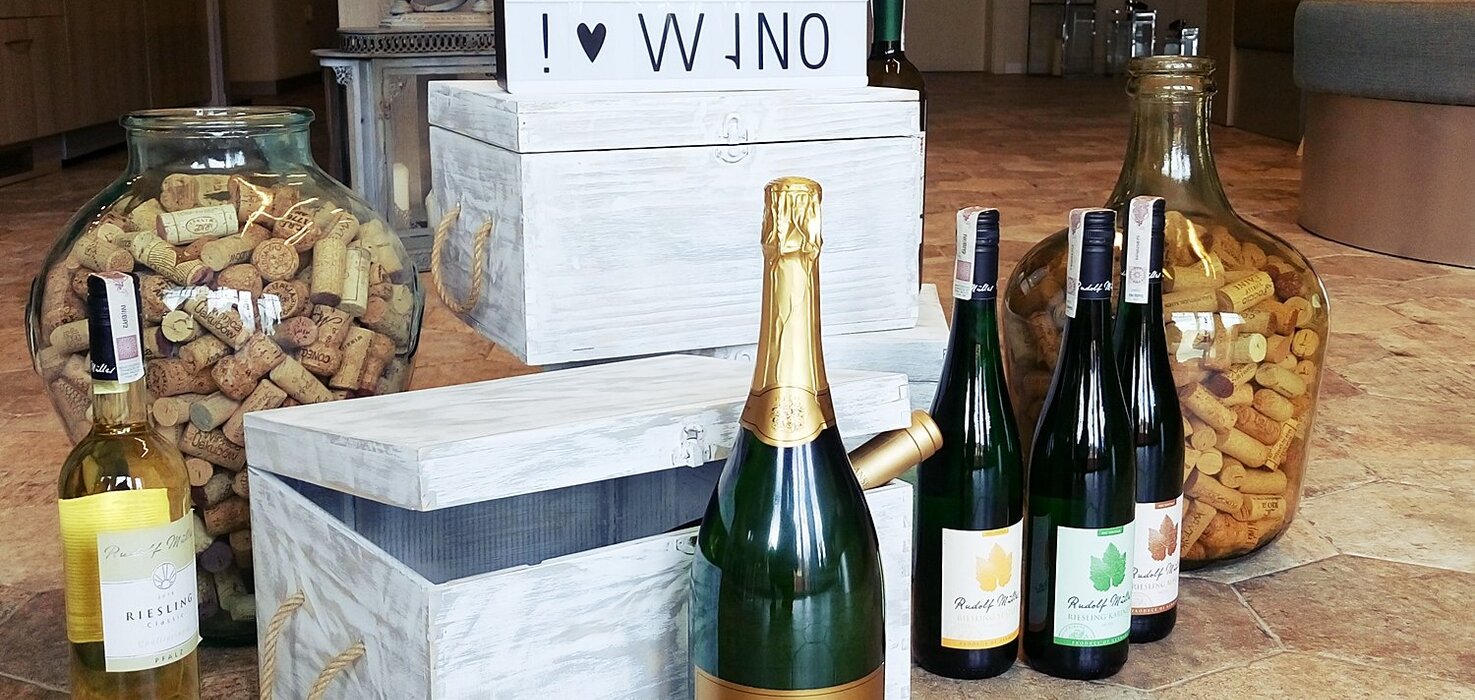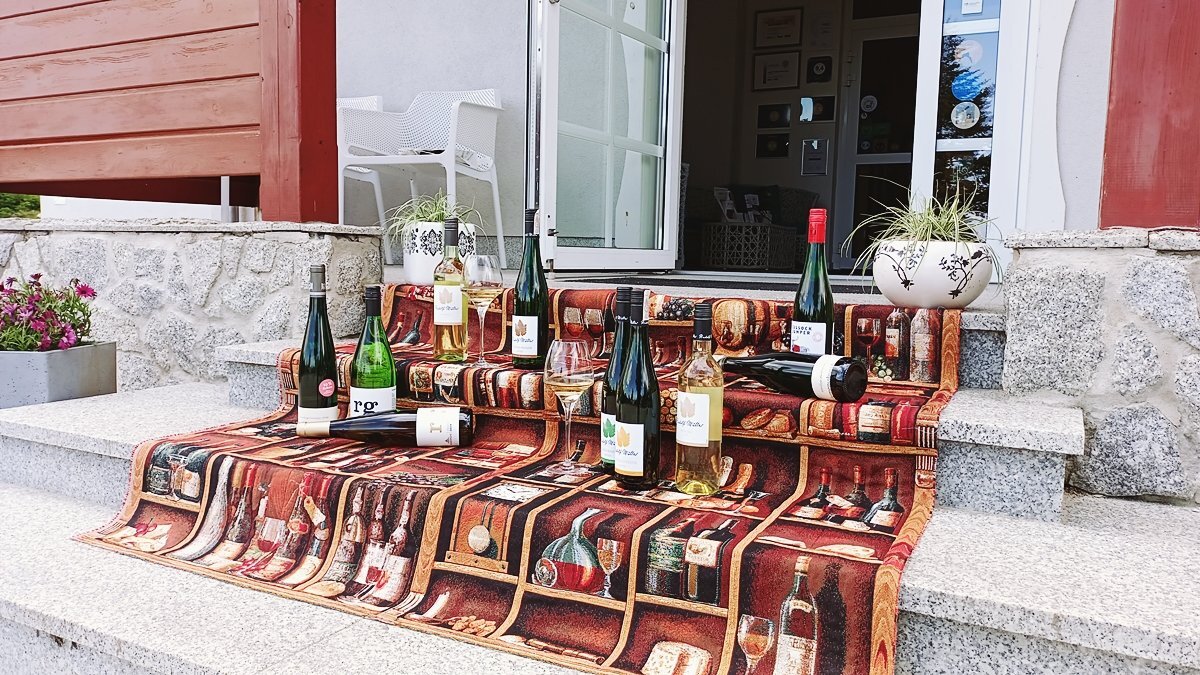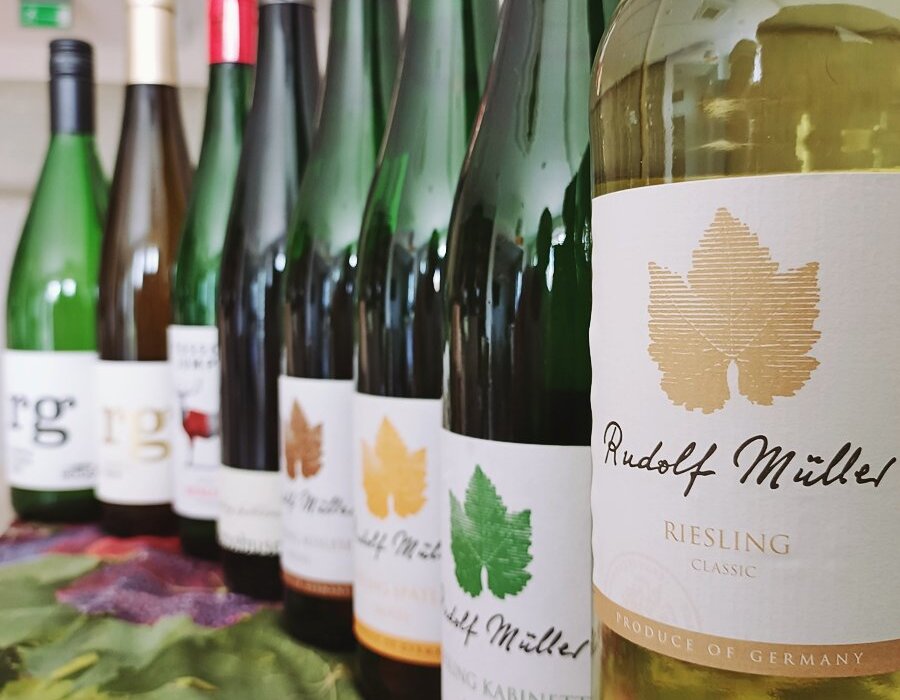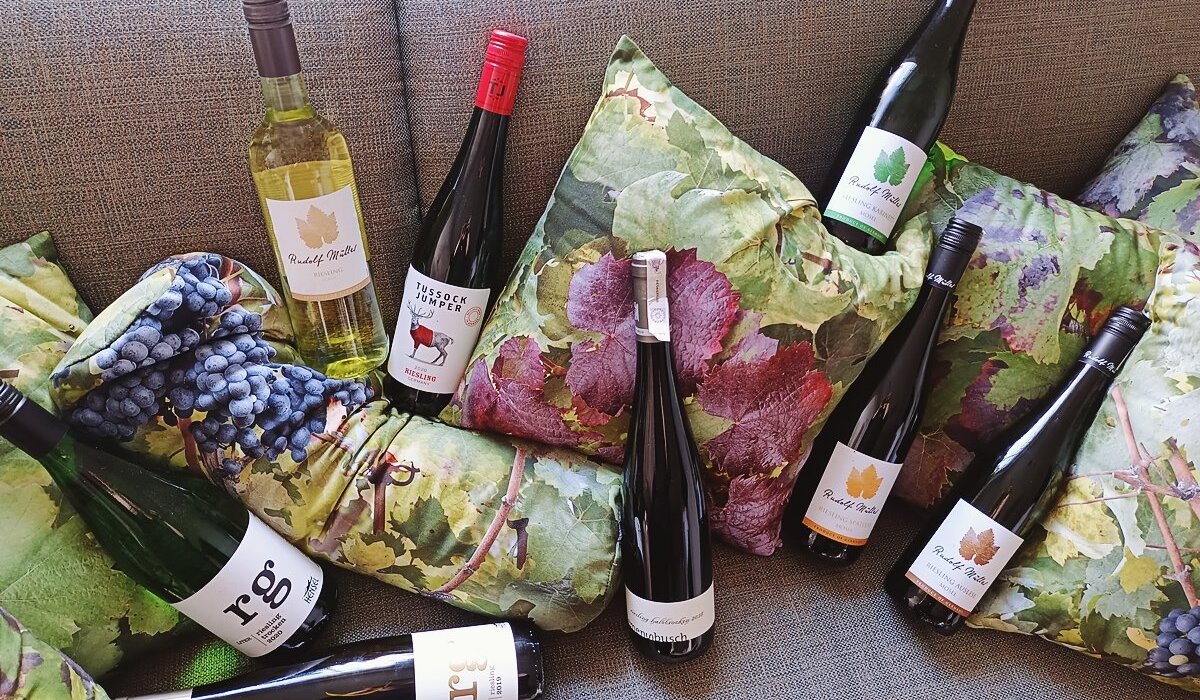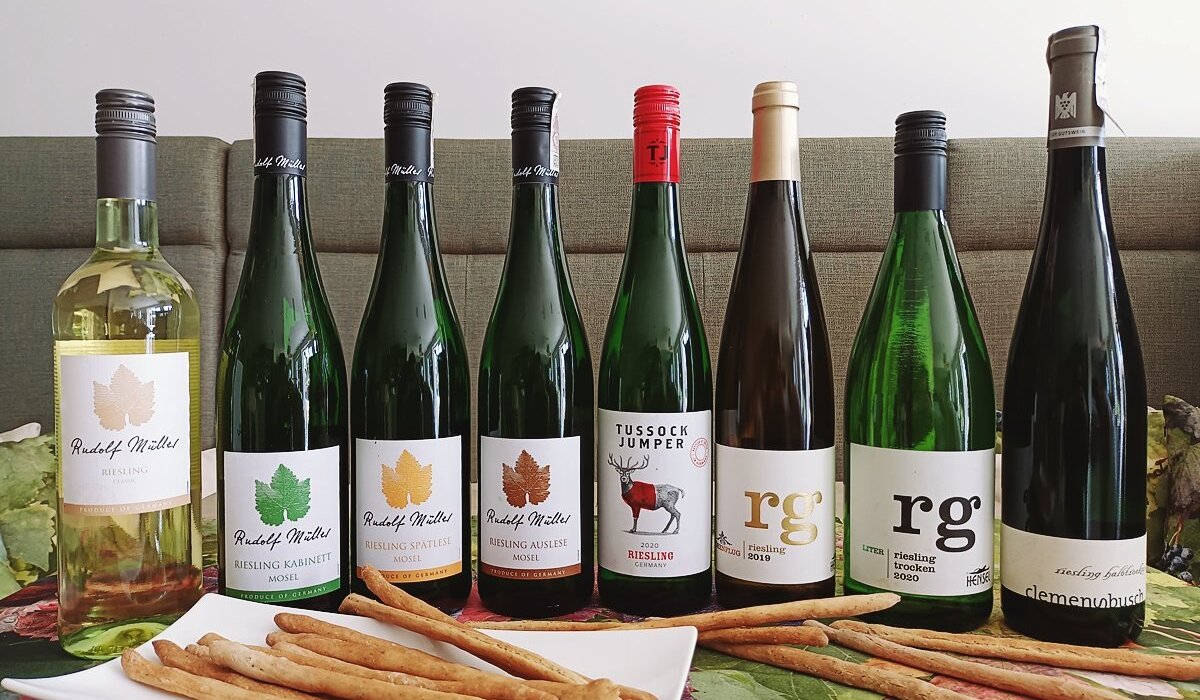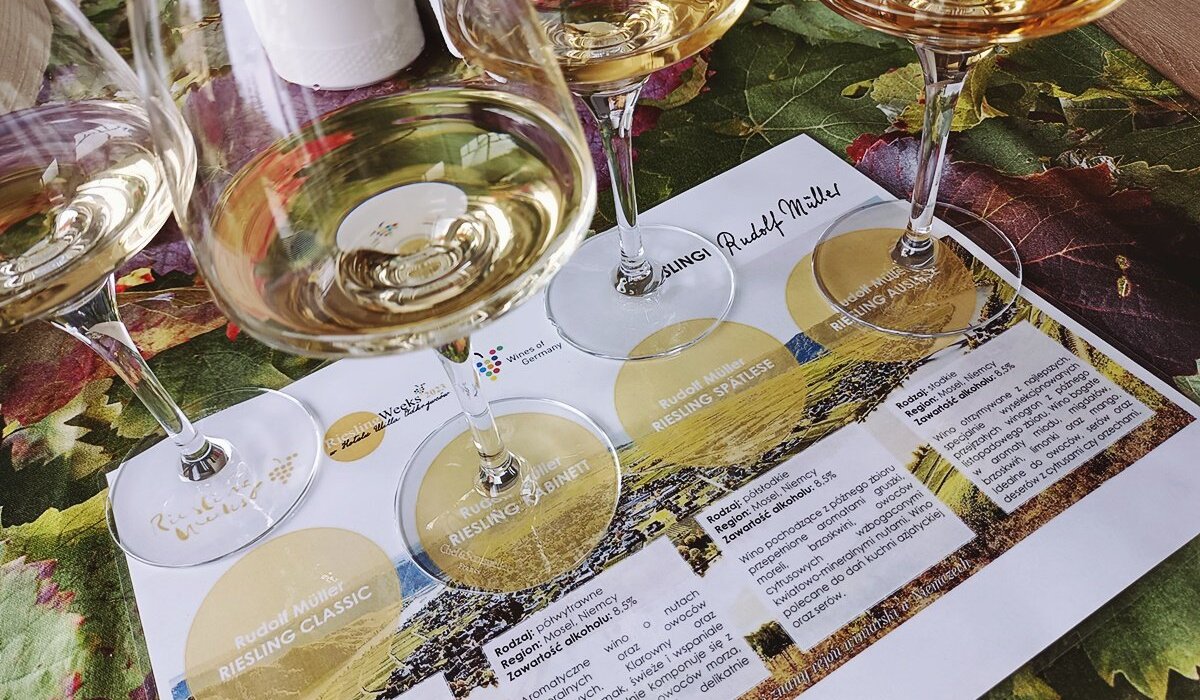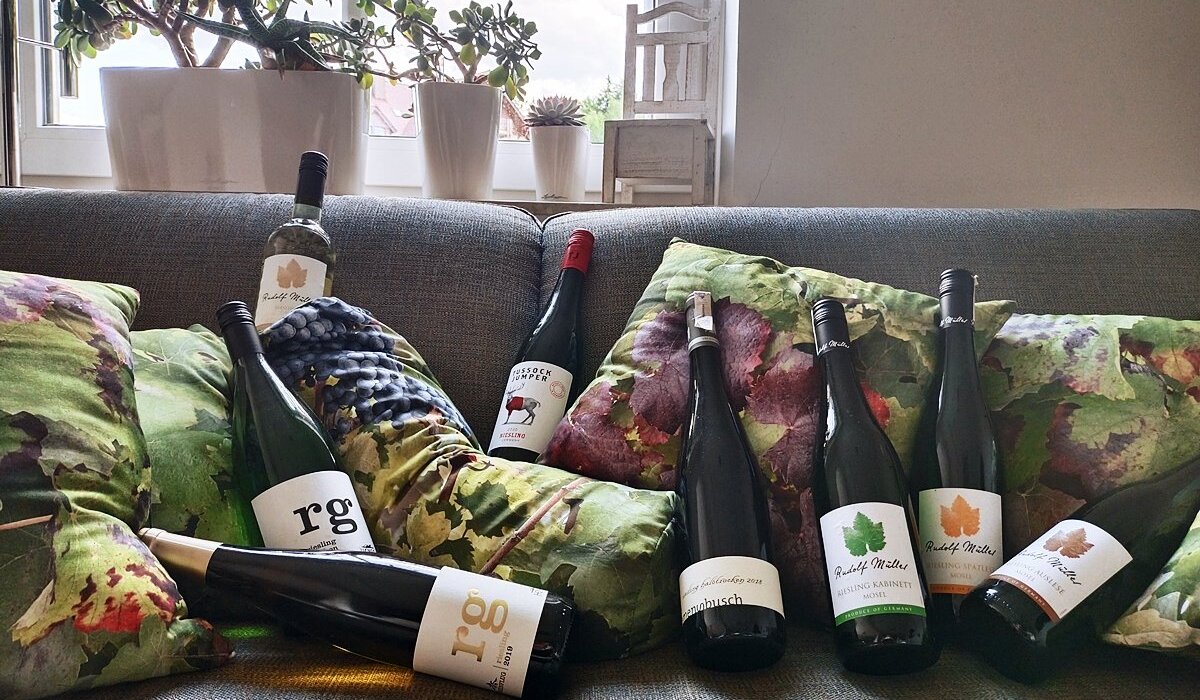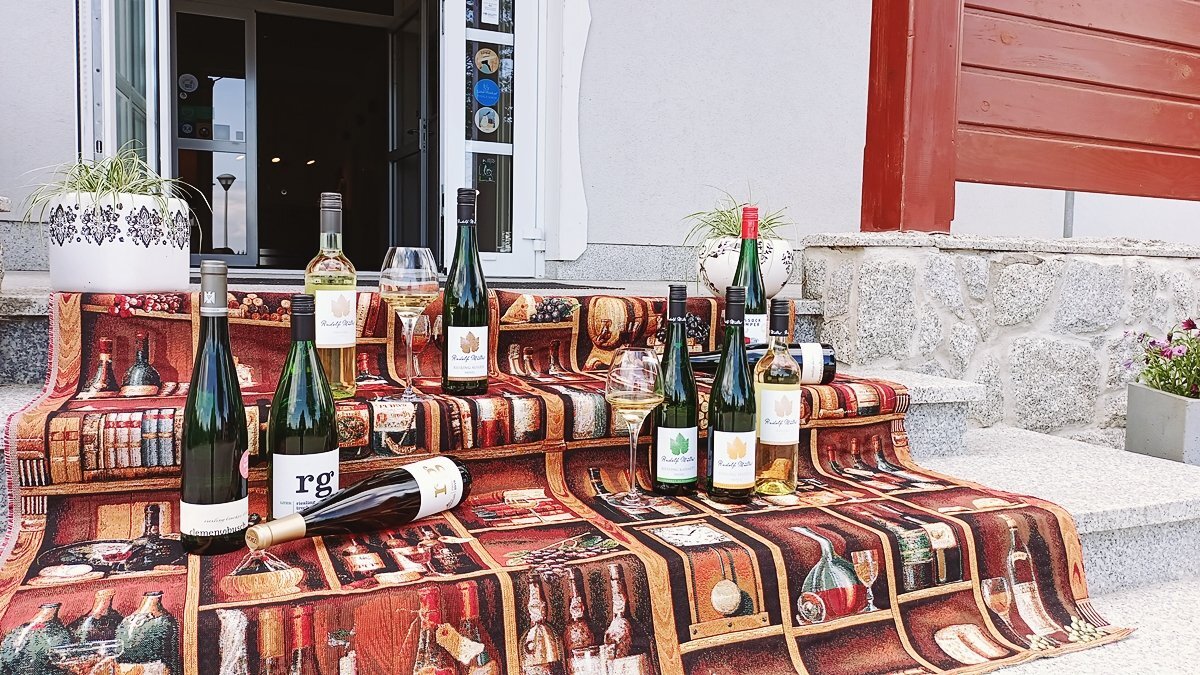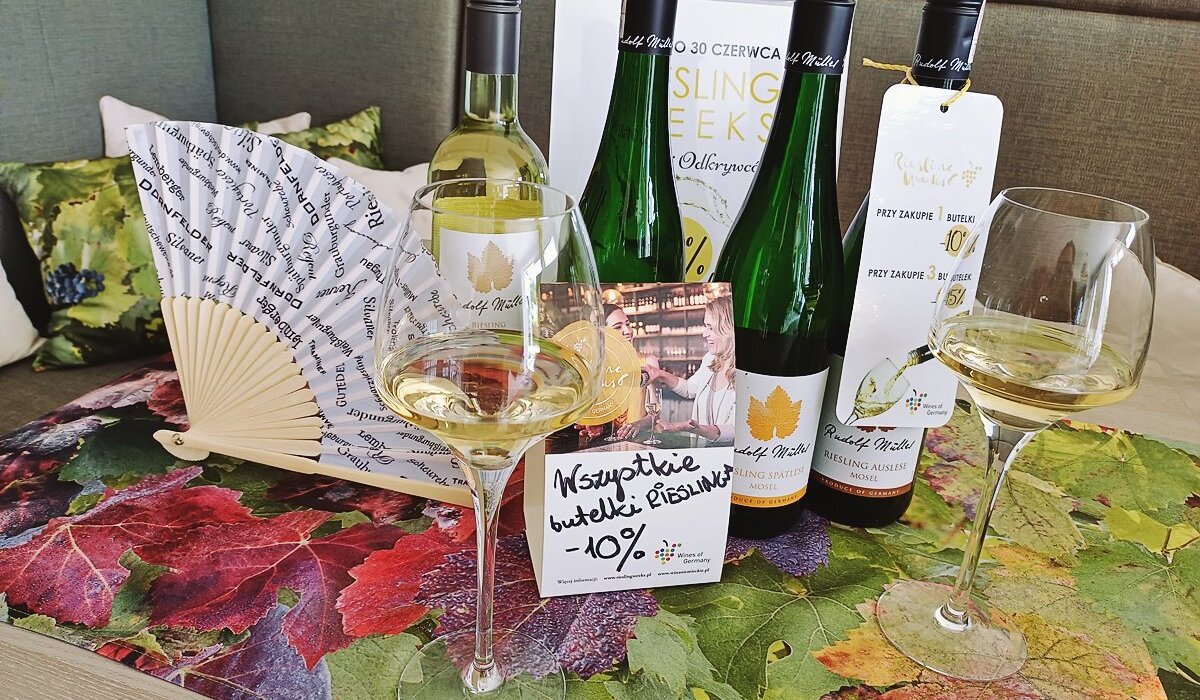Riesling Weeks 2025
This year's event runs from June 16 to July 13, 2025.
This is already the 11th edition organized by the German Wine Institute!
Our guests can look forward to plenty of bottles of good German Riesling, guided tastings, mini tastings, discounts on wine purchases, and wine gadgets!
What is "RIESLING WEEKS"?
This is a Riesling promotion, organized annually by the German Wine Institute. Restaurateurs, hoteliers, wine bars, importers, and specialty stores join forces to showcase the wonderful taste of German Riesling.
The goal of "Riesling Weeks" is to raise connoisseurs' awareness of the flavor qualities of German Riesling and to demonstrate its great versatility in pairing with various dishes.
As the 3rd place winner in the contest for the best German Riesling promotion during the Riesling Weeks 2021 event, 1st place winner in 2017, and 2nd place winner in 2016 in the category of restaurants and wine shops, we warmly encourage you to participate in the next edition.
We present the promotional slogan created by the winner of our contest, Ms. Weronika Karch: "There is a place where you can taste Riesling. You can be sure you'll come back more than once. It's the Discoverers' Villa in the heart of the Karkonosze Mountains – an oasis of peace, wine, and delight!"
Riesling...
That is to say, about something that can be discussed endlessly, because this is a grape variety with outstanding qualities. Originating from the Rhine, it has become established in vineyards and on tables around the world. It is cultivated in Germany, northern Italy, Australia, New Zealand, as well as Chile. From this versatile variety, you can make a dry wine sharp as a file, or you can allow the grapes to ripen on the vines, or even freeze, and make a wine with the consistency and flavor of some elixir, of which drinking more than a thimbleful would be a sin and indulgence.

How does it taste?
Very diverse, but always retains its specific character. It is characterized by high acidity, a tendency toward citrus aromas (although many other fruits are often found in the bouquet, both domestic ones like peaches, apples, plums, or even strawberries, as well as exotic ones) and a frequent mineral note (where riesling tastes completely different when grown on shale soil compared to limestone soil). Although rieslings exceeding 14% alcohol do occur, it generally produces wines with low alcohol content. It usually occurs solo, without blends of other varieties, and fermentation is carried out in steel tanks or old barrels – new barrels are practically never used for riesling, so as not to disturb the fresh bouquet, which is the main characteristic of this variety.

Riesling from the Mosel
It is usually milder than those from other regions of Germany or Austria, and definitely milder than a pure Alsatian Riesling. Kabinett is made from grapes harvested first, usually light and dry. Spätlese is made from grapes harvested later. It can be dry, richer, with a darker golden color, but it can also have quite a bit of residual sugar (you need to read the label carefully here). All other quality German wines, such as Auslese (harvested from very ripe, selected grapes), Beerenauslese (affected by noble rot or very ripe), Trockenbeerenauslese (affected by noble rot), Eiswein (frozen grapes) – these are sweet wines, and the further you go, the drier they become. The same goes for Austrian Rieslings. But Alsatian ones are completely different – if dry, they are almost as sharp as a file; if sweet, they are like nectar. Italian Rieslings from Lombardy (Oltrepò Pavese appellation) are rather more fruity, rounded examples. Mature, oily, and definitely more filled with exotic fruits are Rieslings from Australia.

What to pair it with...
Because wines from this variety can be both quite dry and quite sweet, the range of dishes is very wide. You could say there is no white wine that couldn't be replaced by some riesling. Dry rieslings work well with fish and seafood, but also with sour cabbage dishes. Both vegetables (asparagus) and poultry (coq au riesling – a classic Alsatian dish) are ideal partners for rieslings. Wines with a bit of sugar perfectly complement strongly spiced and spicy dishes from oriental cuisines. Sweet wines can accompany desserts: they work great with fruit cakes.
Riesling... and you're in heaven!
Out of love for Riesling, we present to you our first film created as part of the promotional campaign "Riesling Weeks." It's worth watching - with music and until the end...


